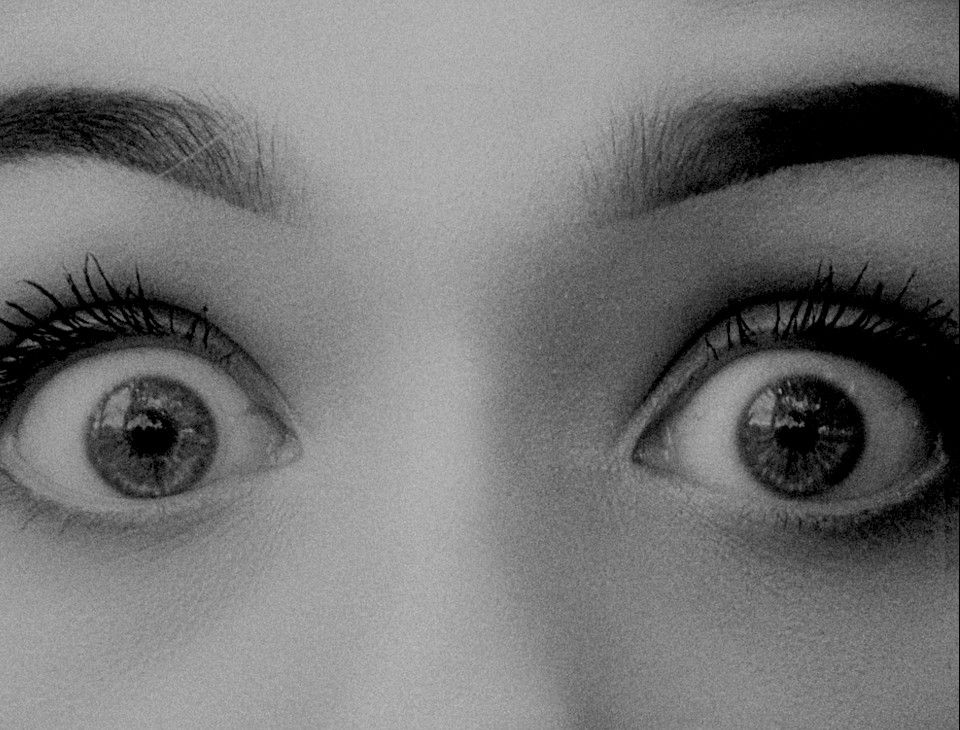The Thrill of the Unknown: Why We Love Precognitive Dreams in Books
- Niteen Hatle
- Aug 12, 2025
- 3 min read

When Dreams Become Nightmares: The Fear Factor
Dreams can be strange, thrilling, or downright terrifying. One moment, you're flying over a beautiful cityscape, and the next, you're running from an unknown figure in the dark. But what happens when a dream doesn’t just scare you—it sticks with you? What if, days or weeks later, something eerily similar happens in real life? That’s when the fear factor truly kicks in.
Precognitive dreams, especially when they take a dark turn, can make you question everything. Were they just coincidences? Or did your mind somehow tap into the future? Whether you're a firm believer in psychic visions or just love a good mystery, there’s no denying the eerie chill that comes from a nightmare that feels too real.
Why Do Scary Dreams Feel More Real Than Happy Ones?
Think about the last time you had a truly terrifying dream. Maybe you woke up in a cold sweat, heart racing, convinced for a few moments that what you experienced was real. That’s because fear is one of the most powerful emotions our brains can process. It triggers a surge of adrenaline, making the experience stick in our memory much longer than a pleasant dream.
But here’s where things get creepier: when you experience something in real life that vaguely resembles your nightmare, your brain immediately connects the dots. It doesn’t matter if the details don’t match perfectly—your mind fills in the gaps and suddenly, it feels like your nightmare predicted the future. This is one reason why precognitive dreams are often linked to frightening or unsettling events.
The Chilling Coincidence: When Nightmares Mirror Reality
We’ve all heard stories of people who dreamed about something terrible happening, only to have a similar event unfold later. Someone dreams about a plane crash, and then, days later, one makes headlines. Another person has a nightmare about losing their job, and soon after, they get unexpected bad news from their boss. The brain loves making connections, and when something in real life aligns even slightly with a previous dream, it can feel like a terrifying warning.
Of course, skeptics argue that this is just selective memory—we only remember the dreams that seem to “come true” and forget the thousands that don’t. But for those who experience these eerie coincidences firsthand, the fear feels all too real. Was it just chance? Or was their subconscious tapping into something beyond explanation?
Why the Unknown is Always Scarier
There’s a reason why horror movies are often at their scariest when they leave things unexplained. The human brain is wired to fear the unknown, and when we can’t make sense of something—like a nightmare that seems to predict real life—it becomes even more unsettling.

Precognitive dreams sit right at the intersection of mystery and fear. If a nightmare was just a nightmare, we can shake it off. But if we suspect, even for a moment, that it meant something, it suddenly carries weight. What if it was a warning? What if we ignored something important? What if it happens again?
That lingering doubt is what keeps people fascinated (and sometimes terrified) by precognitive dreams. It’s also why these eerie experiences make such compelling material for thriller novels, movies, and urban legends. The moment we start to question whether a nightmare was just a dream, we’ve already fallen down the rabbit hole of fear.
Should You Be Worried If You Have a Scary Precognitive Dream?
The good news? Probably not. While it’s fun (and sometimes a little creepy) to consider the idea of dream premonitions, there’s no concrete proof that nightmares can predict the future. Most of the time, our brains are simply processing emotions, stress, and random bits of subconscious information while we sleep.
But if a dream shakes you enough to make you feel uneasy, it might be worth paying attention—not because it’s necessarily predicting anything, but because it could be revealing something about your emotions, fears, or instincts. After all, our subconscious often knows more than we realize.
At the end of the day, whether your nightmare was just a wild ride through your imagination or something more, one thing’s for sure: few things are as unforgettable as a dream that sends chills down your spine.
Final Thought: Nightmares Might Be the Truest Part of the Story
So the next time you come across a creepy dream in a thriller novel, don’t skip it or roll your eyes. That nightmare might be the heart of the story. It could be a warning, a metaphor, or a clue hidden in plain sight.
And if the character starts having precognitive dreams, don’t say I didn’t warn you—those dreams never end well.
Sweet dreams, right?
Like and share to people who you think would be interested in this blog post
Subscribe (button to the top right) to get notified about new blog posts and other updates.







Comments